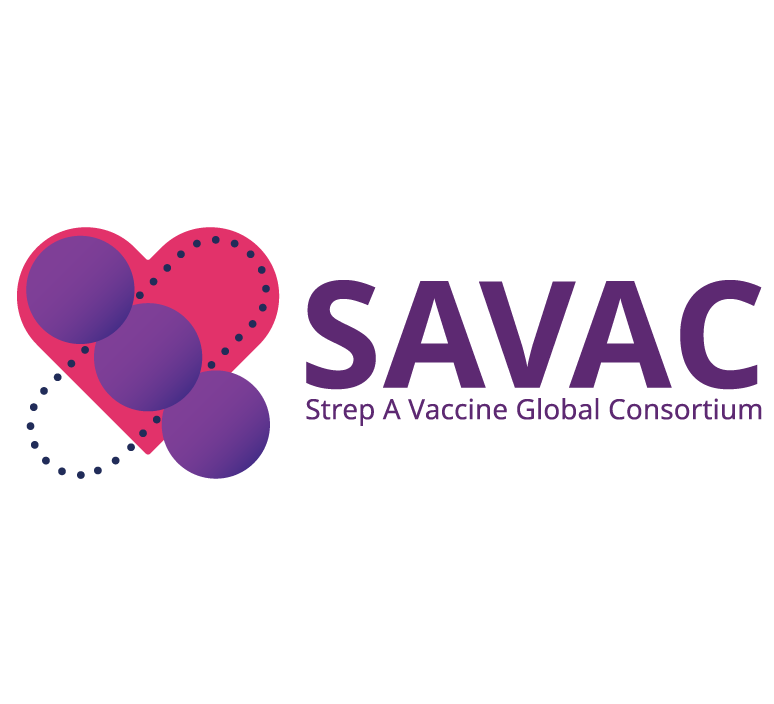Search


News & Events
The Kids infectious diseases researcher named a WA Young Tall PoppyA The Kids researcher focused on ensuring kids are protected from infectious diseases will be named among WA’s most outstanding young scientists at the upcoming 2021 Young Tall Poppy Science Awards.
Research
Pneumo-BNA: Using Bayesian network models to facilitate a microbiological diagnosis in childhood pneumonia: development of a clinical decision support toolChristopher Peter Tom Blyth Richmond Snelling MBBS (Hons) DCH FRACP FRCPA PhD MBBS MRCP(UK) FRACP BMBS DTMH GDipClinEpid PhD FRACP Centre Head,
Research
Preparing for prevention: Assessing the community awareness of RSV and other childhood infectionsRespiratory Syncytial Virus (RSV) is one of the most common reasons babies are admitted to hospital – with Aboriginal and preterm infants at greatest risk.

Research
Strep A Vaccine Global Consortium (SAVAC) 2.0The mission of SAVAC, the Strep A Vaccine Global Consortium, to ensure that safe, effective and affordable Strep A vaccines are available and implemented to decrease the burden of Strep A disease in the most in need.
Research
Timeliness and factors associated with rotavirus vaccine uptake among Australian Aboriginal and non-Aboriginal children: A record linkage cohort studyAboriginal children are at greater risk of rotavirus disease than non-Aboriginal children and delayed vaccine receipt is substantially higher
Research
Caregiver’s attitudes, beliefs, and experiences for influenza vaccination in Australian children with medical comorbiditiesInfluenza vaccination recommendation by children’s hospital physicians and previous vaccine receipt in hospital was associated with vaccine uptake
Research
Modelling Micro-Elimination: Third-Trimester Tenofovir Prophylaxis for Perinatal Transmission of Hepatitis B in the Remote Dolpa District of NepalHepatitis B (HBV) prevalence is very high in pregnant women in the Dolpa district of Nepal, a region characterised by a remote geographic landscape and low vaccination coverage. Using mathematical modelling, we evaluated the impact of third-trimester tenofovir disoproxil fumarate (TDF) prophylaxis on HBV burden and estimated the time required to achieve HBV elimination in Dolpa.
Research
Impact of vaccine mandates and removals on COVID-19 vaccine uptake in Australia and international comparators: a study protocolVaccination against SARS-CoV-2 was a crucial public health measure during the COVID-19 pandemic. Among the multiple strategies developed to increase vaccine uptake, governments often employed vaccine mandates. However, little evidence exists globally about the impact of these mandates and their subsequent removal on vaccine uptake, including in Australia, France, Italy and the USA.
Research
The Unintended Impact of COVID-19 Associated Non-Pharmaceutical Interventions on Paediatric Hospital Admissions: An Interrupted Time Series AnalysisCOVID-19 related non-pharmaceutical interventions (NPIs) disrupted global healthcare utilisation, with notable declines in infection related paediatric hospitalisations. We aimed to identify non-infectious paediatric conditions for which the incidence of hospital admissions increased during the introduction and alleviation of NPIs in 2020.
